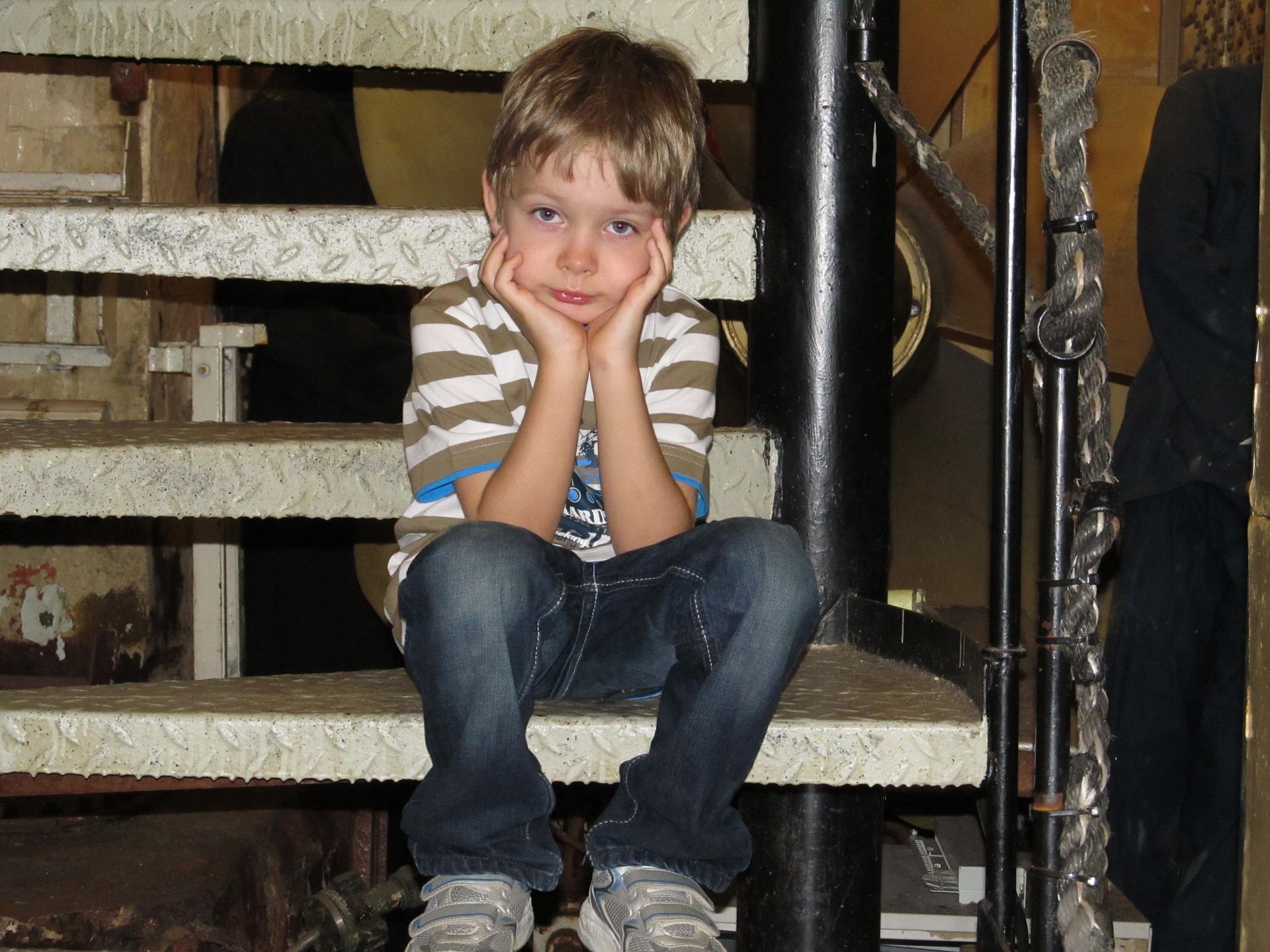Adopting an older child brings joy, but it also brings a unique set of challenges. Adopting an older child is a big transition for everyone involved, and many adoptive parents can be left wondering if what they are experiencing is “normal” or not. Even if adoption is the best way for an older child to have a permanent loving family, the transition into a new home can be difficult. Miscommunication, frustration, and grief can be felt by all parties, but there are some ways to make the transition a little smoother.
Adoptive parents may have had years of expectation and preparation for the placement of their child. They often have a great deal of anticipation and enthusiasm when their child comes home with them. It can be confusing if the child doesn’t share in that enthusiasm. You have to remember that although your child has gained a new family, he/she has lost everything that was familiar to him/her: friends, language, food, culture, even geography. It can be both scary and sad to be transplanted from one place to another. It’s also normal for those two emotions, especially in the presence of a language gap, to manifest as anger.
Responding to outbursts with love and compassion rather than discipline and consequence is key. It helps if you can remember not to take your child’s actions personally. Remember to consider your child’s emotional age and not only his/her chronological age. Your child’s emotional age may be significantly younger than his/her chronological age. You may have a child who is 10 years old but functions at a five-year-old level. If so, you will need to tailor your interactions with him/her to the level of a five-year-old. This includes not only your expectations for their behavior, but also the words you use to describe those expectations.
You might try asking them if they are having a bad day or are missing something from their home country. When a child comes home, he/she more often than not has already had years of growth and development in his/her birth country. They may be attached to the foods, language, traditions, their birth name, or the belief system of their birth country. You will fare much better if you respect your child’s attachment to these things. Validating your child’s feelings about the things he/she misses can help quickly diffuse a situation and can help you ease them into a new way of life.
In addition to these challenges, some adoptive parents feel concerned when they do not feel bonded to their child from the beginning. Not every adoptive parent is going to have that “love at first sight” experience when they meet their child or even when they bring their child home. Many may even feel like they’re babysitting for someone else’s child during the initial part of the transition. It’s actually quite normal not to feel bonded at first. It simply takes time to develop and feel a deep parent-child connection. One of the easiest ways to work on developing that bond is by playing together. No matter how old your child is, if you can find something you can do together, it will do wonders for your relationship.
Finally, it’s never too early or too late to ask for help. During the transition into this new way of life, it’s normal if all the pieces don’t fit just right at first. If you want to know where to start looking for help, your home study social worker is always a great first resource. During the adoption process, your social worker will have learned many things about your family and will be able to provide some insight into the problems you are facing. We also want you to feel free to call us any time at our Mississippi Office 1.662.842.6752 or at our Tennessee Office 1.615.378.7099. We will do our best to help you fit the pieces together.

